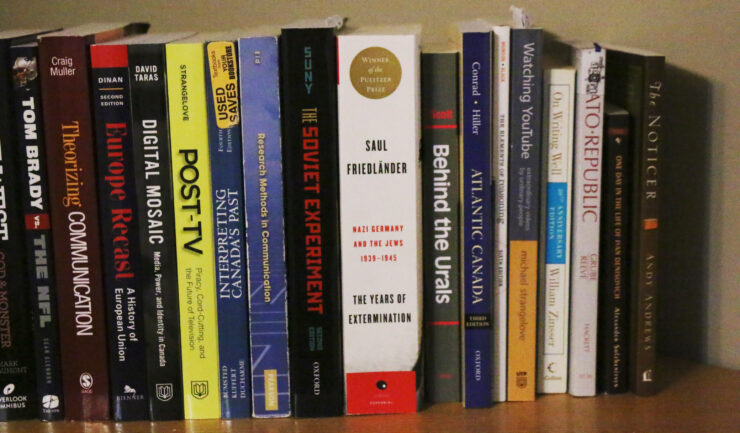Christopher Radojewski | Fulcrum Staff
YOU’VE DECIDED TO pursue a university degree or college diploma in the hopes of making yourself more attractive in the job market. However, your job prospects remain slim. This is definitely not what your guidance counsellors in high school told you would happen. So what the heck are you supposed to do?
Not all students follow Canadian politics regularly, but they sure tend to notice when some money comes in to help fund their education. Provincially, education has been a fundamental priority for the McGuinty government. Even at the federal level, money has been made available to universities.
For example, in March 2012, $124.5 million was made available to bring top researchers to Canadian universities in the form of Canada research chairs. Gary Goodyear, minister of state for science and technology, told the Fulcrum last year that “We need to secure our future economy … We will create those jobs when businesses start creating and selling discovery.”
In general, Canadian universities tend to be viewed as world leaders in innovation and discovery, but what is happening to these ideas? Although you may be a bright graduate with a revolutionary idea, you may not find a job in Canada. Why, you ask? The money and the market aren’t here. Instead, the cash you need is most likely in the U.S.
Things haven’t changed much since the country was founded. Alexander Graham Bell, a bright young twenty-something when he invented the telephone, got funding in the United States—not Canada.
We can continue to pour a lot of money into universities to turn out the brightest individuals, but if there is no strategy for keeping the smarts in Canada, we experience something called brain drain.
It seems that Prime Minister Stephen Harper may have found one way to avoid this. This month, he unveiled a plan to create more innovative jobs in Canada by providing funding to venture capitalists, announcing on Jan. 14 that $400 million would be made available in the Venture Capital Action Plan.
Venture capitalists invest in ideas that sometimes seem farfetched but later become the backbone of economies. This initiative may seem to only propagate the criticism that Conservatives are just giving money to the rich—you have to have money to invest in ideas—but this money should offer a unique boost for graduates with big ideas.
“We will provide the resources needed to put Canada’s venture capital industry on the path to sustainability and ensure Canada’s high-potential firms have the resources they need to succeed,” said Harper during the announcement in Montreal.
This program has the opportunity to benefit students with innovative ideas who are going out into the workforce. If we get the investment flowing in Canada, the country can become a leader in innovation not just by creating the ideas, but by marketing them.
This plan is a start, but more can and should be done. It is time to invest in students—particularly when they graduate. This includes more grants for student start-ups and incentives for Canadian companies to hire bright students.
Among Canadian students there are brilliant minds, and it would be a terrible fate to leave them by the wayside or lose them to another country. After all, there are millions of dollars of potential just waiting to be fulfilled.
Christopher Radojewski is the Fulcrum’s political columnist. If you have any comments or questions, email politics@thefulcrum.ca




